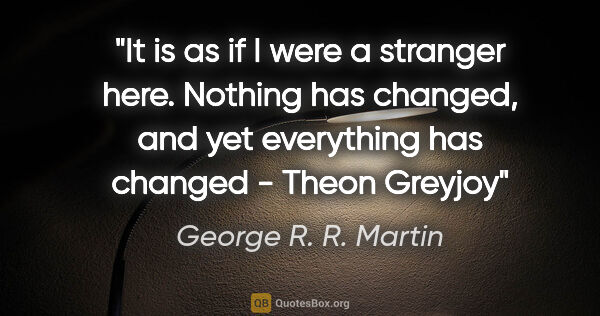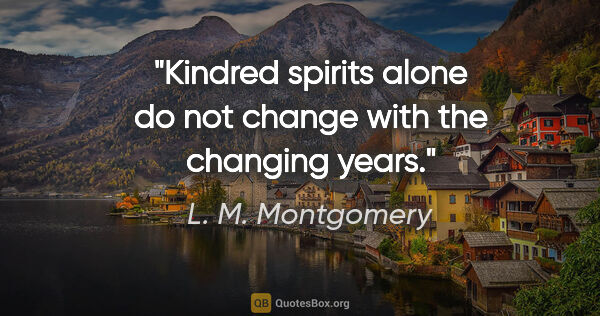Changed Quotes (page 20)
Perhaps the Ci-ty dreamed of an-other, en-emy city, float-ing across the sea to invade the es-tuary . . . or of waves of darkness . . . waves of fire . . . Perhaps of being swallowed again, by the immense, the si-lent Mother Con-tinent? It's none of my business, city dreams. . . . But what if the Ci-ty were a growing neo-plasm, across the centuries, always chang-ing to meet exactly the chang-ing shape of its very worst, se-cret fears?
Thomas Pynchon
What I have learned from about twenty years of serious reading is this: It is sentences that change my life, not books. What changes my life is some new glimpse of truth, some powerful challenge, some resolution to a long-standing dilemma, and these usually come concentrated in a sentence or two. I do not remember 99% of what I read, but if the 1% of each book or article I do remember is a life-changing insight, then I don't begrudge the 99%.From "Quantitative Hopelessness and the...
John Piper

I try to believe everything I read in the newspapers, but I had difficulty with last week's account of the London vagrant who was found, after death, to be carrying 1,500 in small change in his socks. My reason for doubting the story is that I, too, like to carry small change in my socks, but I have found that with more that 15 or 20 worth it becomes impossible to walk.
Auberon Waugh
You like all animals at that moment, although no doubt you will one day choose your favorites. Your own nature will triumph. We are all born with our natures. You popped out of your mother’s belly, I saw your eyes, and I knew that you were already you. And I think back over my own life and I realize that my own nature--the core me--essentially hasn’t changed over all these years. When I wake up in the morning, for those first few moments before I remember where I am or when I am, I still feel...
Doug Coupland
what he sought was always something lying ahead, and even if it was a matter of the past it was a past that changed gradually as he advanced on his journey, because the traveller's past changes according to the route he has followed: not the immediate past, that is, to which each day that goes by adds a day, but the more remote past. Arriving at each new city, the traveller finds again a past of his that he did not know he had: the foreignness of what you no longer are or no longer possess...
Italo Calvino

